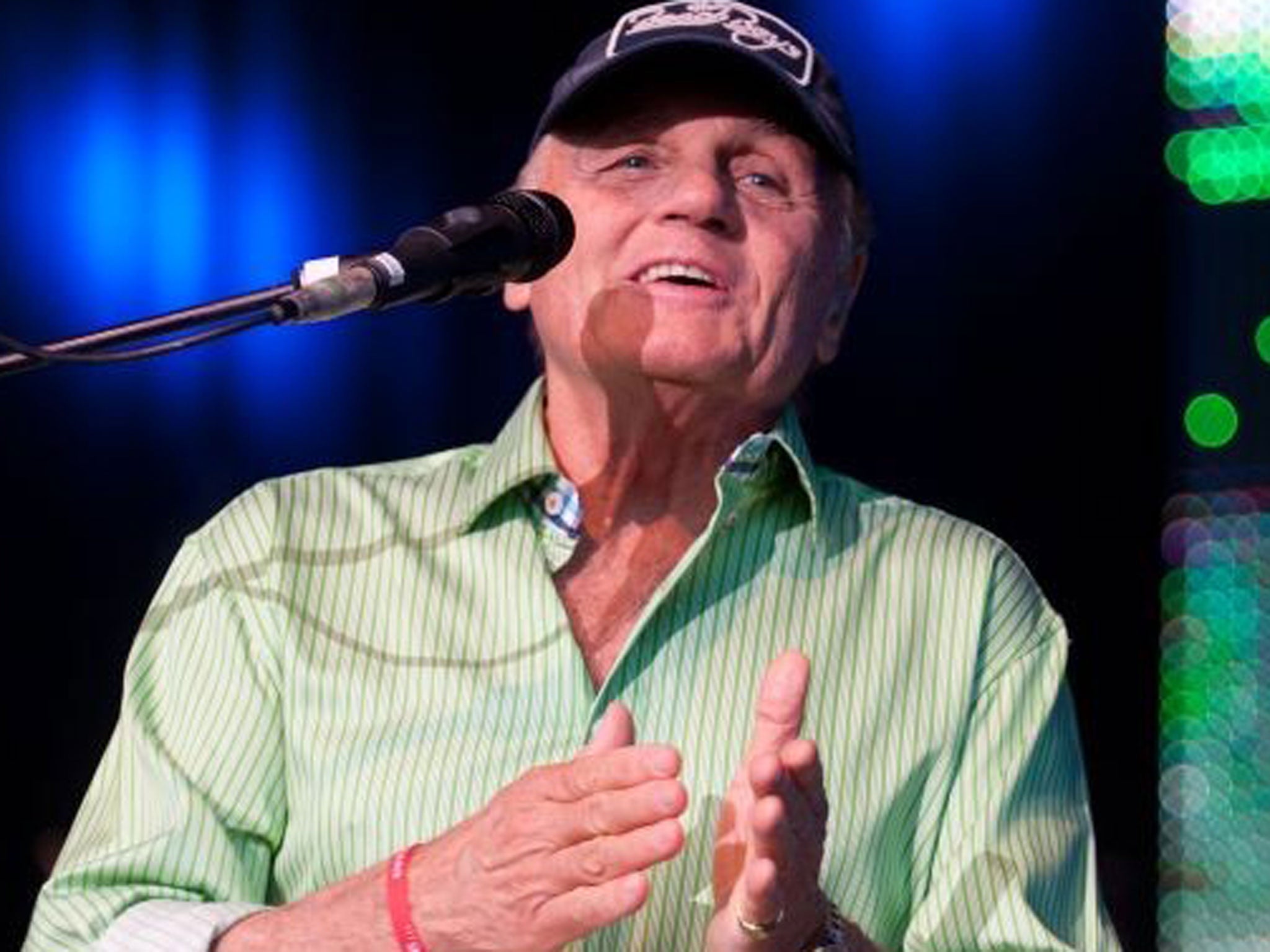Picking up better vibrations? Beach Boys succumb to Auto-Tune for new album
Fans say the results are 'embarrassing' and make the singers - famous for four-part harmonies - sound more like robots

Their exquisite harmonies elevated pop music’s most sun-kissed hits. But now even the Beach Boys have succumbed to Auto-Tune, the technology used to help wayward singers achieve artificial perfection.
The pitch-shifting vocal software, which first came to prominence with Cher’s 1998 chart-topper, “Believe”, has been accused of creating a bland uniformity of robotic, character-free pop voices.
Invented by Dr Andy Hildebrand, a former oil industry engineer, as a computer programme to help erase imperfections and nudge a singer towards the right note, the grating Auto-Tune sound, adopted by Britney Spears, has become a sonic gimmick commonplace in pop and hip-hop hits by stars such as Kanye West and T-Pain.
Beach Boys fans have been shocked to learn that the band, who at their 1960s peak created signature four-part harmonies, perfect in tuning and inflexion, by singing around a piano, had allegedly resorted to the technology.
A new album, Live – The 50th Anniversary Tour, a collection of recordings from last year’s tour, which featured the temporary return of the band’s musical genius, Brian Wilson, is “saturated in Auto-Tune”, according to Uncut magazine.
Identifying a “major problem that will ruin it for some listeners”, the magazine said any human flaws would have been preferable to the treated vocals of band leader Mike Love and Wilson which emerge as “horrible metallic noises”.
Fans on a Beach Boys forum said the results were “embarrassing” and accused the band members of sounding more like robots.
One fan questioned whether the band had even heard the recording before approving its release, an accusation that turned out to be accurate.
The fractious band members said they were unaware of the effects added to their live performances on the album, which was produced by Wilson and his studio partner, Joe Thomas.
Bruce Johnston, a Beach Boy since 1965, said: “You’re telling me they used Auto-Tune on the album, after the fact? You know more than I do.”
He told Uncut: “I had nothing to do with the production of this album. Well, I’m sorry to hear it. We seem to be living in pitch-corrected times. Perhaps they should start a Grammy category for Best Pitch-Corrected Recording.
“But take it from the horse’s mouth: we don’t use it on stage. I generally think I have decent pitch.”
Dan Gillespie Sells, lead singer with The Feeling, whose hits feature close harmonies, said: “There’s a lot of pressure to use Auto-Tune because it makes a song sound up-to-date and radio-friendly.”
Auto-Tune hits
Cher – Believe
1998 chart-topper exaggerated Auto-Tune’s original pitch-correcting intention to create a deliberate vocoder-style robotic vocal effect for Cher’s anthem. Singer refused record company demand for effect to be removed.
Daft Punk – One More Time
French duo heavily compressed and Auto-Tuned a vocal by Romanthony for 2000 club banger. “It’s just a tool... no big deal. The healthy thing is that people either loved it or hated it,” said the robotic duo.
T-Pain featuring Yung Joc – Buy You a Drank (Shawty Snappin’)
Florida rapper T-Pain made an Auto-Tune overload his signature sound from his 2007 breakthrough. Won royalties from P Diddy who admitted borrowing the T-Pain technique and told his contemporaries wishing to follow suit, “sign the papers”.
Kanye West – Heartless
West declared that his 2008 break-up album 808s & Heartbreak would be sung using Auto-Tune throughout, to widespread derision. West said Auto-Tune gave his voice a “heartbroken” quality and brought in T-Pain to assist.
Ke$ha – Take It Off
Electropop queen doused her 2010 debut album Animal in so much Auto-Tune she determined to kill off the effect. “I really can sing. It’s one of the few things I can do,” she complained after critics dismissed her “robotic squawk devoid of all emotion.”
Join our commenting forum
Join thought-provoking conversations, follow other Independent readers and see their replies
Comments
Bookmark popover
Removed from bookmarks